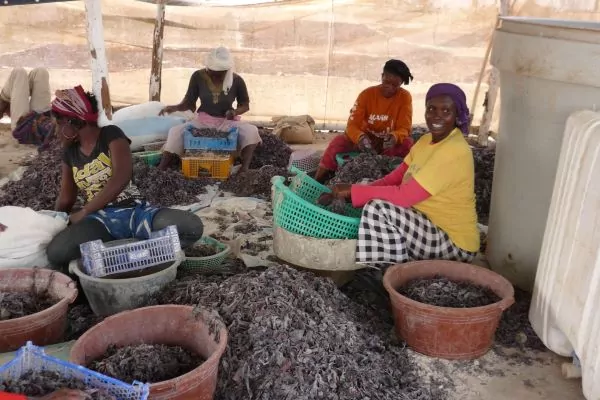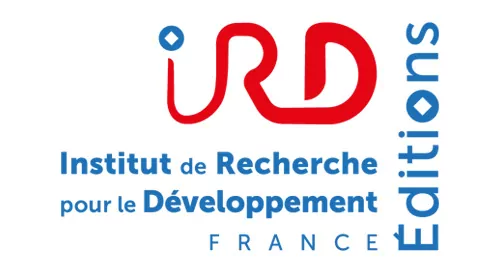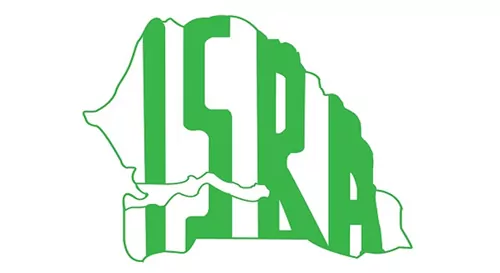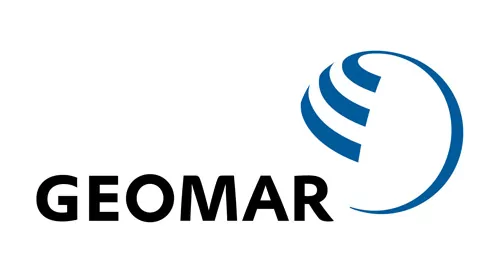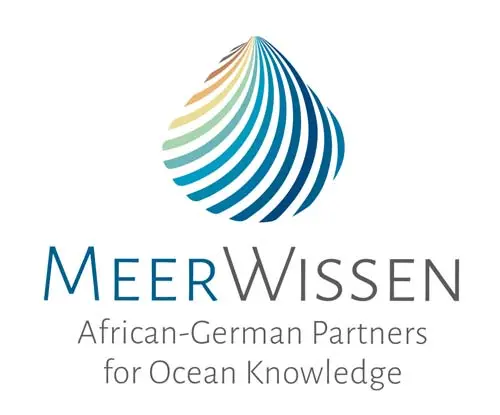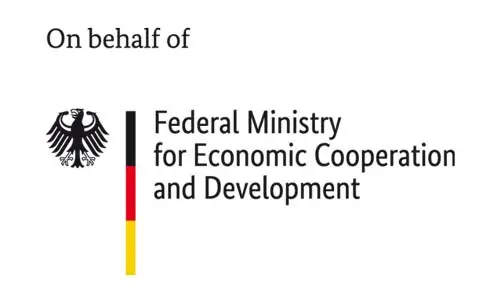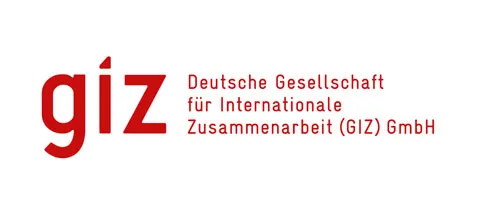Senegal’s ocean-based economy is one of the country’s most important business sectors and is dominated by fishing. However, the sustainability of fisheries is threatened by overfishing, marine pollution and climate change. Seaweed cultivation and collection are increasingly being promoted by the government, as alternative source of income for coastal communities and contribution to food security. Seaweed aquaculture can be profitable, but also facilitates carbon fixation and nutrient recovery from over-fertilized coastal waters. CLIMALG-SN addressed the need for better scientific knowledge of seaweed habitats and species composition in Senegal. The project team investigated the impacts of seaweed harvesting on biodiversity and explored the potential of seaweeds to promote blue growth, including their provision of ecosystem services. The project developed and applied a standard biodiversity monitoring protocol, forming the basis of a sub-regional monitoring program to record biodiversity indicators.
CLIMALG-SN Seaweed for climate change resilient blue economies, biodiversity and ecosystem services
2nd Call
Project Duration: May 2020 to January 2023
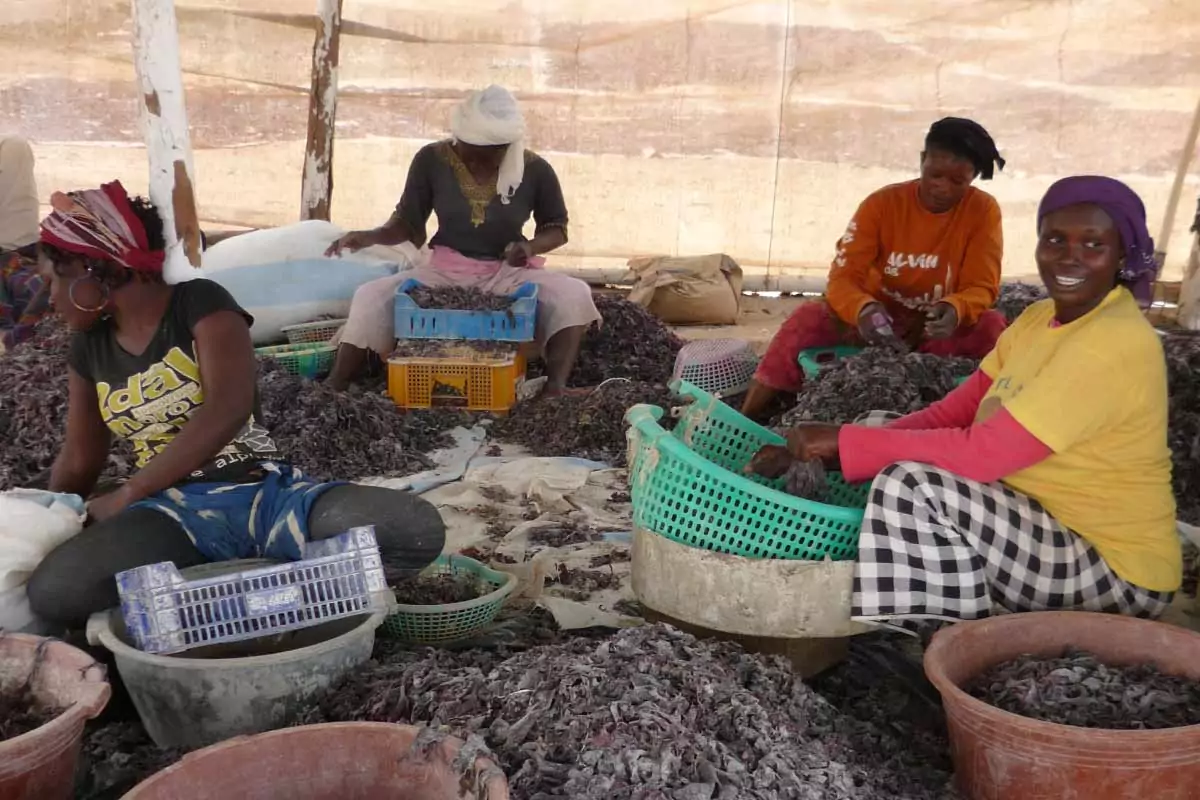
Project Summary
Related Themes
Key Impacts
CAPACITY
DEVELOPMENT
The project facilitated training courses for local communities, women associations and schools on the uses of seaweed and its cultivation techniques.
SCIENCE-POLICY
TRANSFER
The project provided a road map to policymakers to both encourage cultivation of seaweed and preserve natural habitats as a tool for fisheries management and as refuge and habitat for exploited fish.
DIGITAL
INNOVATIONS
The project applied DNA barcoding and eDNA metabarcoding approaches to provide baseline information on seaweed biodiversity and enable Senegalese scientists to use this methodology for environmental monitoring.

